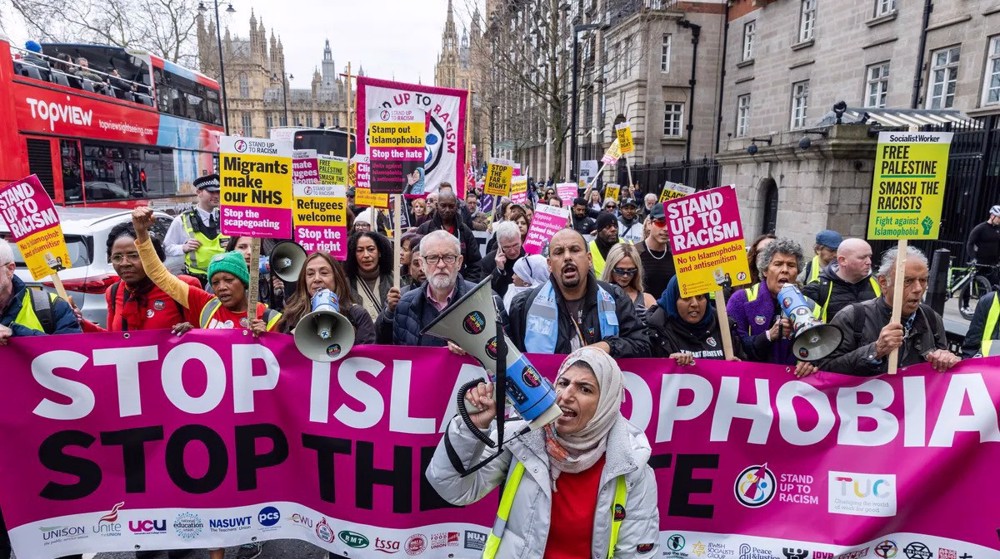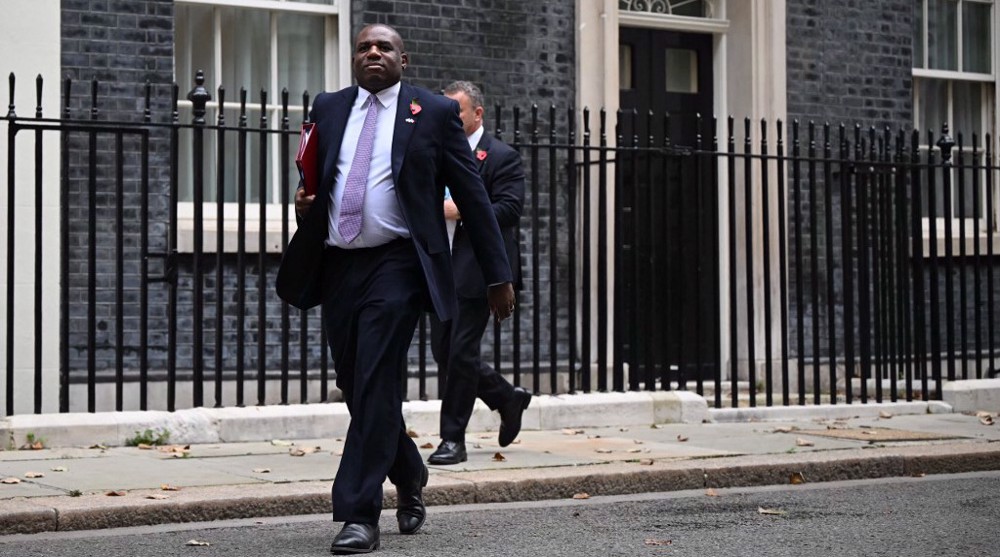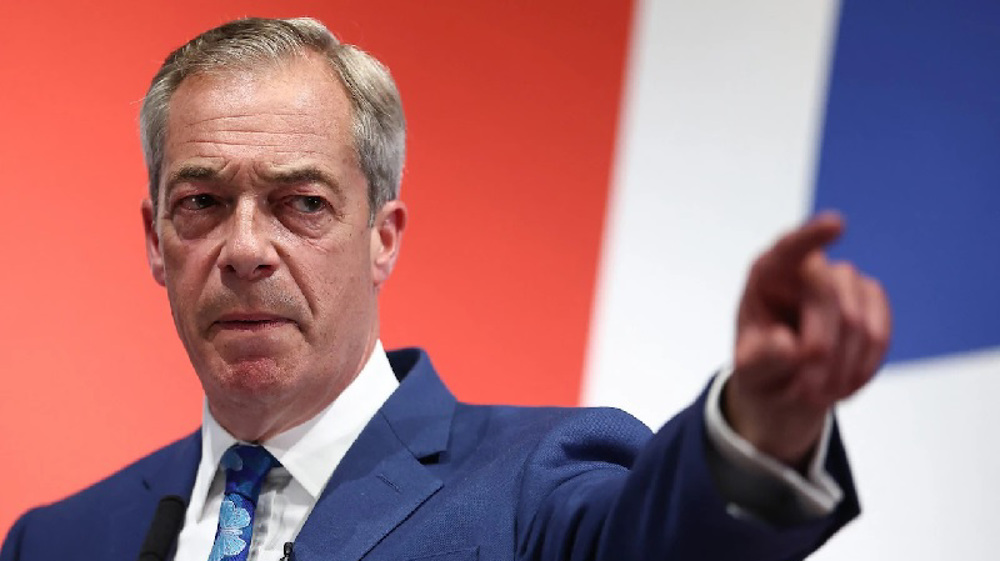Migrant population in UK all-time high, data shows
New official figures show Britain’s net annual migration has hit record level with an overall 94,000 rise in 12 months.
The figures released by the Office for National Statistics (ONS) on Thursday indicate a 28% rise with an estimated 330,000 migration since March 2014. This is 10,000 above the highest figure recorded for the year ending June 2005.
Accordingly, some 636,000 people immigrated to Britain over the 12-month period, a rise of 84,000, while 307,000 people emigrated, down 9,000.

The report found that 269,000 EU citizens moved to Britain permanently, an increase of 56,000 and a 39,000 rise in those from outside the EU. Polish is the most common non-British nationality, with 853,000 residents. Romanians and Bulgarians, almost double the 28,000 in the previous 12 months.
"The EU citizens are actually moving around to find jobs the same way they move around and establish businesses which is the whole concept of a union all about. From that point of view, there are also people from elsewhere who are actually contributing to the British economy and all these show a positive win-win situation", Massoud Shadjareh, Head of London-based Islamic Human Rights Commission told Press TV.
However, people arriving from countries outside the EU is still larger, with net migration measured at 196,000, up 39,000. India is the most common non-UK country with 793,000 residents born in India.
Based on the current count, Britain's foreign-born population has now surpassed eight million, meaning one in eight residents were born abroad, up from one in 11 in 2014.
The figures have shocked policymakers with the immigration minister calling them “deeply disappointing". “Figures are a wake-up call. Current flows of people across Europe are on a scale we haven't seen since the end of the Second World War," James Brokenshire said.
There were similar concerns among opposition members. Keith Vaz, a senior Labour party MP said the figures were shocking. "Broken promises on migration do not build confidence with the public. We need a radically different approach," he said.
The leader of the UK Independence Party said the figures "reflect borderless Britain and total impotence of the British government”. Nigel Farage has long been a stark opponent to the government’ EU policies.

The immigration issue has been a hot topic in Britain in recent months. Prime Minister David Cameron had vowed to reduce the numbers to less than 100,000 by May of this year. But the new figures and concerns of both ruling and opposition figures seems to ignite the issue further. The impact of the Calais migrant crisis has also driven immigration to the top of voters’ concerns. An Ipsos Mori poll conducted this month showed that more than 50% of voters naming it as a major issue facing the country.
"The fact that the net immigration is growing is quite clear but what is also very important is the rhetoric coming out of the Conservative government and actually showing that this [trend] is a negative phenomena. The reality is that all the figures have shown very clearly that when it comes to finances in Britain, the immigration actually is considered as positive resources as they pay more taxes and create jobs. The reality is that they are beneficial from economic point of views especially the influx from the EU. But, unfortunately, the Conservative government has created a deception saying the immigration is something that’s damaging to our society. This is a false image that has been created for political reasons", Shadjareh said.

Still, the Home Office has reiterated its commitment to reducing the net immigration but such a policy, according to some think-tanks, could incur negative impacts on the economy.
The Institute of Directors and British Future have called for a "comprehensive immigration review" to establish what policies could be put in place to achieve the tens of thousands target, and what their impact would be on the UK's economy, culture and society.
Hezbollah breaks record of anti-Israel ops; four million settlers run for their lives
Iran rejects involvement in murder of Israeli rabbi in UAE
‘Israel at dead end’: Army chief vows Iran’s lasting support for resistance
Hezbollah executes record 51 military operations against Israel in a single day
VIDEO | Intl. day to end anti-women violence: Female victims of Israeli attacks on Gaza, Lebanon remembered
Leader: Arrest warrant not enough, Netanyahu must be executed
VIDEO | Iraqi fighters conduct fresh retaliatory attacks on vital Israeli targets
Gaza hospital chief calls for help amid Israel’s ‘extermination campaign’










 This makes it easy to access the Press TV website
This makes it easy to access the Press TV website